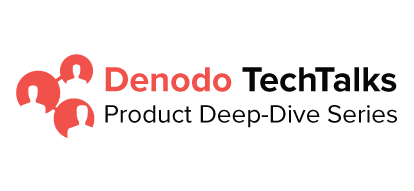Security of data in an organization is becoming more and more important. With a plethora of tools for storing and accessing many different data sets, securing an organization's data assets can quickly become a daunting task. Not only will this be hard on database administrators and data engineers, but it could also lead to mistakes and in the worst case data breaches. An efficient way to simplify the security of the data is to make decisions based on semantic information related to the data sets, instead of each data set itself; having additional information about use or sensitivity of the data can quickly identify for which users the data should (and should not) be accessible. Leveraging semantics for this purpose instead of the normal element by element restrictions removes the requirement for permissions and access control to be linked directly to each data set, and allows for these access policies to be applied based on real world attributes and applications of the data.
Join us in this session with Carson Blinn, a Senior Data Engineer at Denodo, who will discuss the importance of security policies based on semantic qualities of the data, and how this can be implemented using the Denodo Platform. By the end of the session, you will have an understanding of how tags and global security policies fit into the architecture of the Denodo Platform, and how they can be used to classify and secure data assets.
Watch On-Demand and Learn:
- The importance of data semantics and how the Denodo Platform is well-positioned to leverage semantic attributes of data.
- An introduction to tags in the Virtual DataPort server.
- The functionality of global policies, and how they can be configured to provide organization-wide access control.
- A demonstration of common scenarios where global policies could be used, and how they can simplify and strengthen the security model of the organization.





_1.jpg)
_0.jpg)
.jpg)

